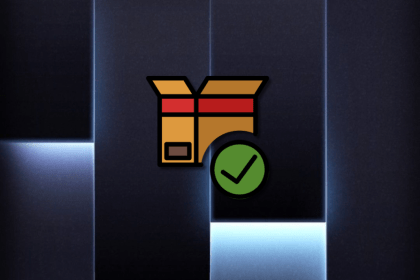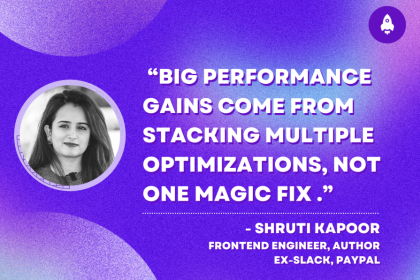
Compare the top AI development tools and models of February 2026. View updated rankings, feature breakdowns, and find the best fit for you.

Broken npm packages often fail due to small packaging mistakes. This guide shows how to use Publint to validate exports, entry points, and module formats before publishing.

Discover what’s new in The Replay, LogRocket’s newsletter for dev and engineering leaders, in the February 11th issue.

Cut React LCP from 28s to ~1s with a four-phase framework covering bundle analysis, React optimizations, SSR, and asset/image tuning.
Hey there, want to help make our blog better?
Join LogRocket’s Content Advisory Board. You’ll help inform the type of content we create and get access to exclusive meetups, social accreditation, and swag.
Sign up now
2 Replies to "Why you should use package-lock.json"
Thanks for the article. Using `npm ci` even in local development sounds like good advice, but I find it really annoying, that this will cause the Node modules to be installed on every invocation of `npm ci`. I guess it’s rather common to run install/ci on container start to not have to worry about having to update or install new packages (if necessary). Makes it a lengthy process not being able to avoid these re-installations.
Thanks for the blog i learned a lot from it and some of my doubts also got cleared